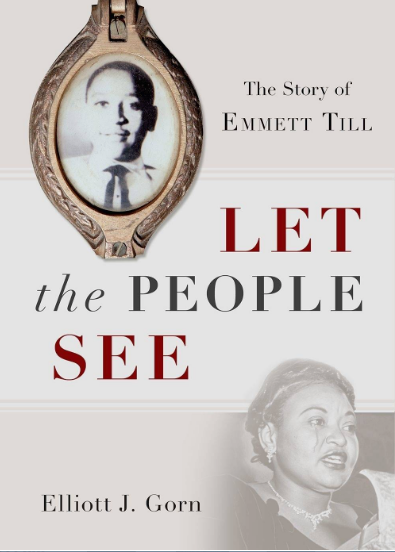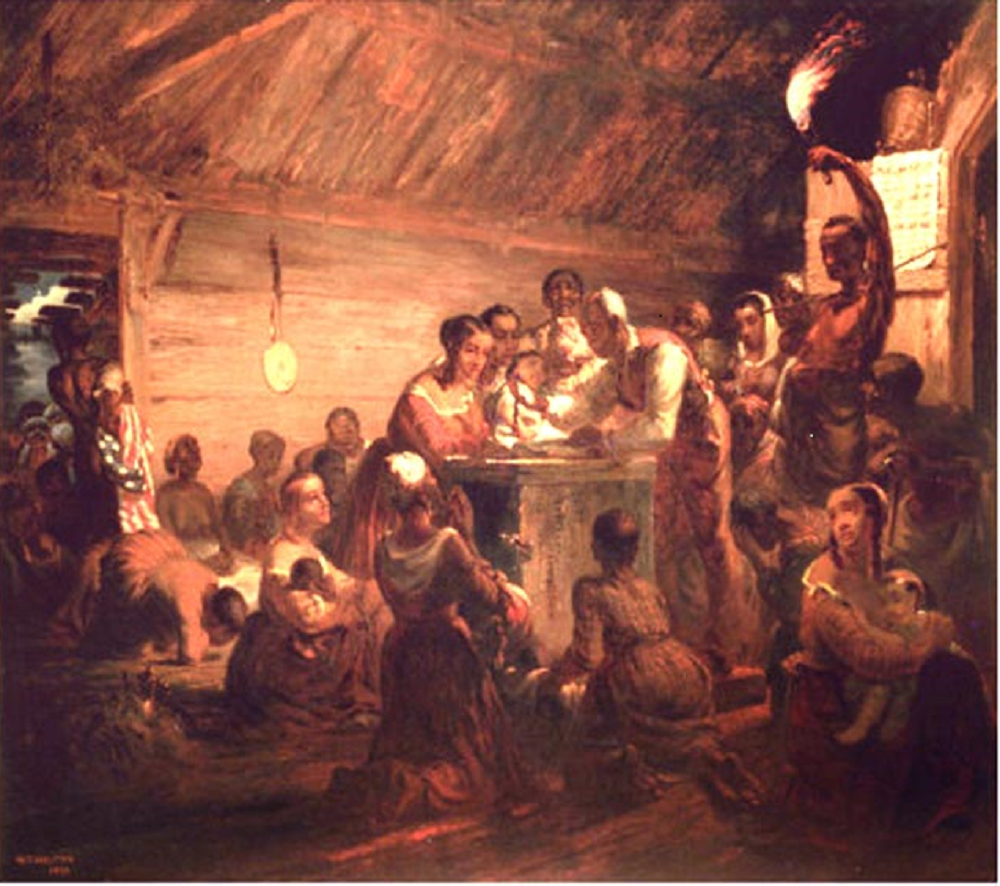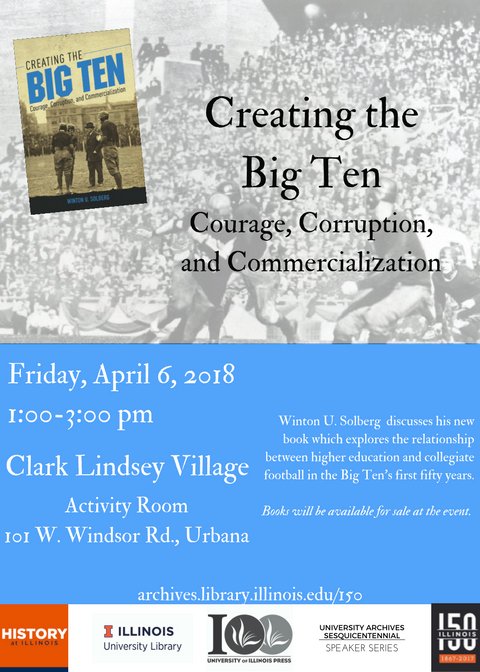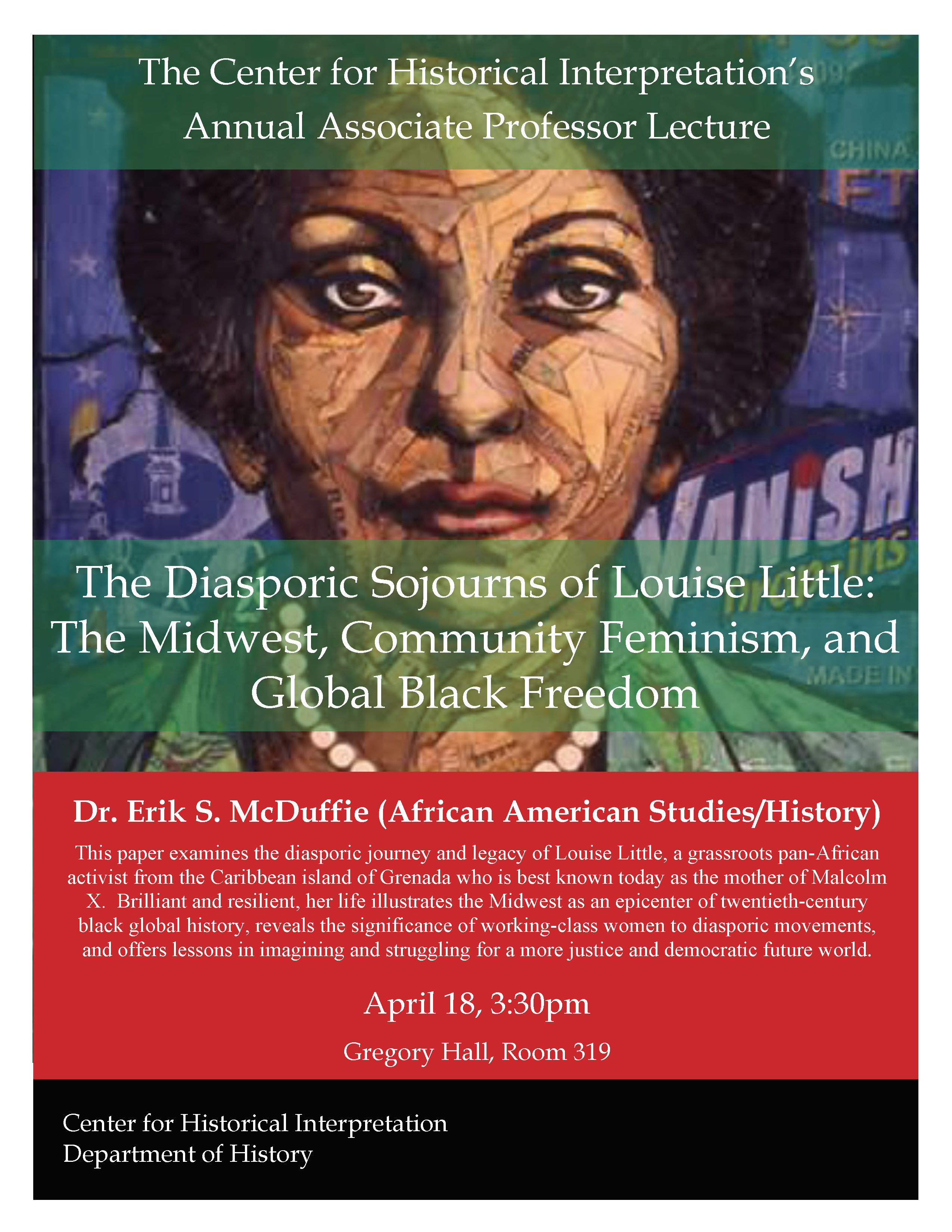The Illinois community has experienced two momentous milestones in the last two years: the 150th year anniversary of the founding of the University of Illinois in 2017, followed by the 2018 bicentennial of Illinois’s statehood. These anniversaries celebrate the great heritage of our state and the unique contribution to its public life and scientific and cultural innovation made by the land grant university. These landmarks also represent opportunities to reflect on the complex and sometimes conflict-ridden processes that brought the state and the university to the present day. As citizens of Illinois ponder what the 21st century will bring to the 21st state, it is crucial to place current challenges and aspirations in their long-term historical context.
In this spirit, the History Department through our “Center for Historical Interpretation” framework has been leading a two-year programming initiative devoted to the sesquicentennial and bicentennial anniversaries. This year, we've turned our focus to the 200-year history of the statehood of Illinois. In addition to talks and workshops by local experts, we've invite two prominent speakers each semester to deliver public lectures illuminating the path of Illinois toward statehood and its distinctive trajectory in the following 200 years.
The series is organized by the Center for Historical Interpretation in the Department of History and next includes:
- Feb. 20, 2019 – Loyola University Chicago historian Elliott J. Gorn, author of a new book on Emmett Till, the Chicago boy whose 1955 murder in Mississippi helped spark the civil rights movement.
- April 3, 2019 – Harvard University historian Laurel Thatcher Ulrich, author of a recent book on early Mormonism, much of it set in Nauvoo, Illinois.
The audience for our events includes faculty, students, staff, and alumni, as well as members of the local community, teachers, and (through podcasts and social media) the wider public of the state and its lawmakers.
The History Department's digital documentary publishing unit, Source Lab, provides a venue for us to encourage both students and the larger public to explore Illinois' role in the history of innovation. A commonly acknowledged problem the University faces is that many of the transformative contributions we have made—to scholarship, civic life, technology and commerce—are poorly understood, in part because no one has access to materials that document them. To have a living sense of history, people not only need to hear scholars talk about it: they need a window on the past they can look through themselves. SourceLab is a program that teaches students the art of publishing historical documents, with a particular focus on digital documentary publishing.
Now in its tenth year, the Center for Historical Interpretation initiative has a track record of outstanding, multi-faceted programming, including a two-year celebration of the Lincoln Bicentennial (2007-2009), a three-year project on “World Histories from Below” and, currently, a three-year theme on “Global Utopias”. From its inception, this initiative has included visiting speakers, reading groups, curricular enrichment, teacher workshops, and other forms of public outreach. The intellectual work made possible by these themes has resulted in numerous faculty publications and student dissertations, as well as the creation of new undergraduate classes. As always, we will continue to collaborate with and seek input from colleagues across campus, including IPRH, English, Geography, Political Science, and Music.
Contact
The primary contact for the “Placing Illinois in History” program is Bob Morrissey, Associate Professor of History and chair of the Center for Historical Interpretation. Reach him at rmorriss@illinois.edu.



